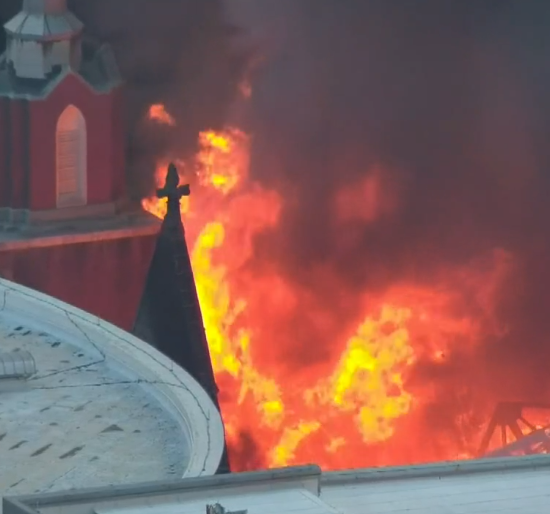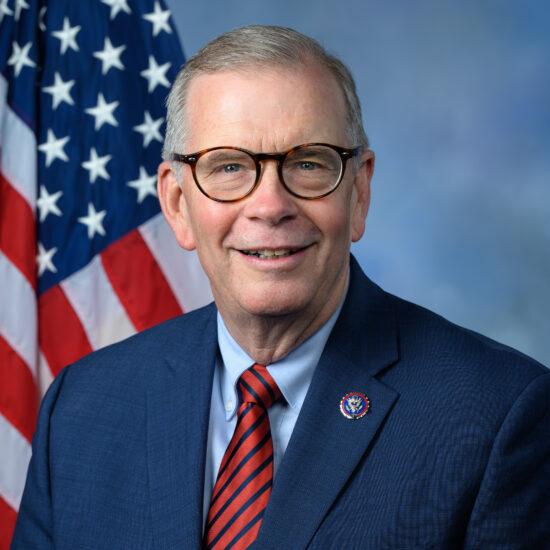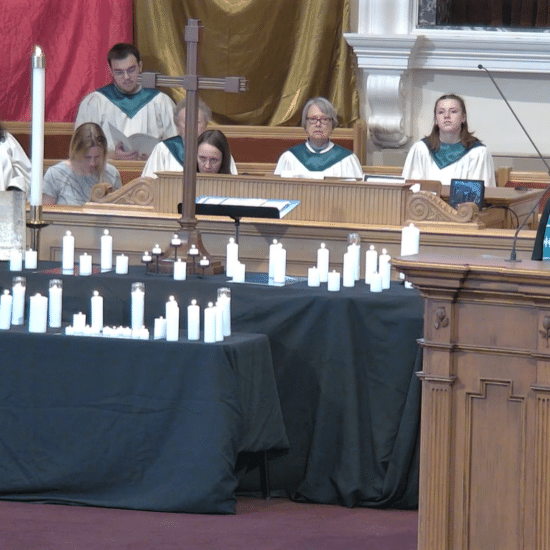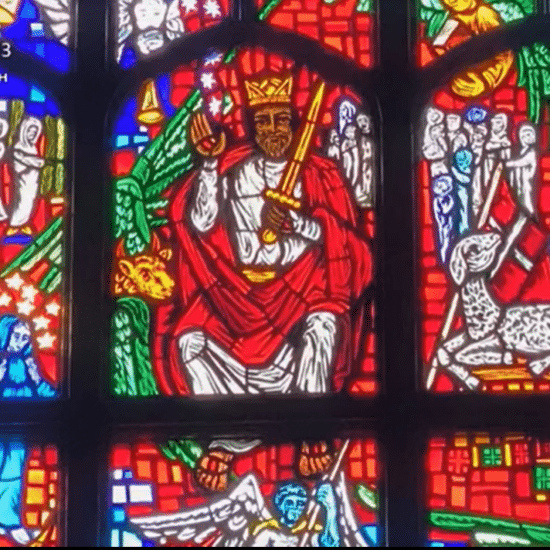By Jennifer Harris
Word&Way News Writer
Word&Way News Writer
ST. LOUIS — With 12,000 theatre seats, 12 galleries and museums and more than 1,500 cultural events each year, St. Louis’ Grand Center is an art-lover’s dream. In the heart of the historic downtown neighborhood stands Third Baptist Church, a church dedicated to be “in the city for good.”
 Third Baptist is a place of diversity. On any given Sunday, the congregation includes everyone from the homeless to millionaires, a variety of colors, genders and ages. “It’s not something we advertise or try to be,” pastor Warren Hoffman said. “It’s just who we are.”
Third Baptist is a place of diversity. On any given Sunday, the congregation includes everyone from the homeless to millionaires, a variety of colors, genders and ages. “It’s not something we advertise or try to be,” pastor Warren Hoffman said. “It’s just who we are.” The church has stood on the corner of Grand and Washington for nearly 125 years. At its beginnings, the church was on the far west end of town, said Leslie Limbaugh, minister of students and communication.
Since that time, the church has watched the demographics of the neighborhood change several times — from the bustling days of 1920-1950 when streetcars passed the church, which grew to over 6,000 under the pastorate of C. Oscar Johnson, to the decline of the area, when folks flocked to the suburbs, to the rebirth of the district during the 80s and 90s.
Since that time, the church has watched the demographics of the neighborhood change several times — from the bustling days of 1920-1950 when streetcars passed the church, which grew to over 6,000 under the pastorate of C. Oscar Johnson, to the decline of the area, when folks flocked to the suburbs, to the rebirth of the district during the 80s and 90s.
In the midst of decline, the church received an offer of land in the suburbs, but voted to remain in the city. “We suffered with the city as it bled,” Hoffman said.
The church’s history of commitment to the city influences who they are today. “It’s in the DNA of this congregation; there is more elasticity,” Hoffman said.
Today, Grand Center describes itself as “a playground for the senses, full of exotic sights, amazing sounds, tantalizing smells and tastes and overwhelming feelings. We are the center of all that feeds the mind, body and soul.”
Third Baptist believes their role at Grand and Washington is to be a good neighbor, providing the “fragrance of Christ.”
In order to accomplish that role, the church practices hospitality. “We want people to feel welcome here, no matter their station in life. We want to be a safe and worshipful place,” Limbaugh said.
This means that members and visitors don’t stress about what to wear, what is put in the offering plate or what others pay for supper.
There is no “looking over the shoulder of self-righteousness,” Hoffman said. “After four or five years ago,” when the church was in survival mode after years of decline, “we don’t have the luxury of that.”
If an individual or family can’t pay for Wednesday night dinner or a church activity, a wink or nod from the pastoral staff will signal their ability to participate. “We don’t make a big deal out of it, but we make it (participation) happen,” Limbaugh said. “We work to make sure everyone feels included and engaged. I’m sure it doesn’t always work, but most of the time we are successful.”
Limbaugh said she likes the fact that the lines and tables during Wednesday night suppers display the church’s diversity. “This is what God’s kingdom will look like,” she said.
Hospitality isn’t limited to those attending church functions, however. Church staff partner with Grand Center and other community organizations to keep a finger on the pulse of the neighborhood. “When we hear of somebody else doing something, we ask ‘couldn’t we walk alongside and do this,’ or ‘could we piggyback on this event and do that?’”
 The church offers their building for community events, sometimes as a concert venue or art space, other times as a place for dance troupes to change clothes. “We have a big space on prime real estate,” Limbaugh said. “Grand Central looks for venues for events, and sometimes we can provide that.”
The church offers their building for community events, sometimes as a concert venue or art space, other times as a place for dance troupes to change clothes. “We have a big space on prime real estate,” Limbaugh said. “Grand Central looks for venues for events, and sometimes we can provide that.” During these events, volunteers from the church will act as greeters, security, crowd control and concession workers.
Hoffman acknowledges that most of those who participate in the Grand Center events will never come to church, but that by being hospitable, Third is displaying the fragrance of Christ.
“We are still a missional place,” he said. “We see the call to serve right around us, not just to send dollars to others to do it for us.”
The church is home to a tutoring program, staffed mainly by local college students. Third has also served as a host for the local elementary school’s summer school program. This past summer, the church offered to provide an hour of arts education for each day of summer school. Third utilized its connections in the neighborhood to introduce various forms of music, performance and visual arts.
Hoffman invited the school principal to participate in the Sunday morning service on several occasions, to emphasize the church’s commitment to the school. Recently, the principal came forward to join the church. “That was totally unexpected,” Hoffman said.
With the variety of programs and partnerships with neighbors, “the building is well-used again,” said Hoffman. The church was able to re-open an entire wing of the church that had been closed due to lack of use. “We need the space.”
This year, for the first time in several decades, the church gained more members than it lost. “We knew the church had reached a turnaround, but this was a demonstrative display,” Hoffman said. While he has no “grandiose vision of thousands” in worship, he believes the church will continue to grow.
Both Limbaugh and Hoffman agreed that Third Baptist is what it is today because the church stays true to who it is.
In worship, that means being a “different type of contemporary.” Praise and worship songs may not find a home in the service, but the church pulls from contemporary traditions such as taizé, modern art music and jazz. The sanctuary features a full pipe organ and once a month the pastors wear clerical robes. “I don’t preach from the lectionary, but we do follow the church calendar,” Hoffman said, quick to note that they aren’t tied to any one thing.
“We are still Baptists,” he said. “We are free to do it (wear clerical robes and follow the church calendar), and we are free not to.”
“The niche is smaller, but you have to be who you are,” he said. The church history and building does limit what the church can be, but it also opens up a lot of possibilities.
Limbaugh said the church is really blessed to have the facility that past generations built and maintained. “We are able to say, ‘We have this building, what can we do here?’”
“This is who we are and where we are,” she said. “And we’re having fun.”
“People know where they are loved,” Hoffman added. “There is an oasis, a family here. It’s hard to describe, but it feels good; it feels right.”






